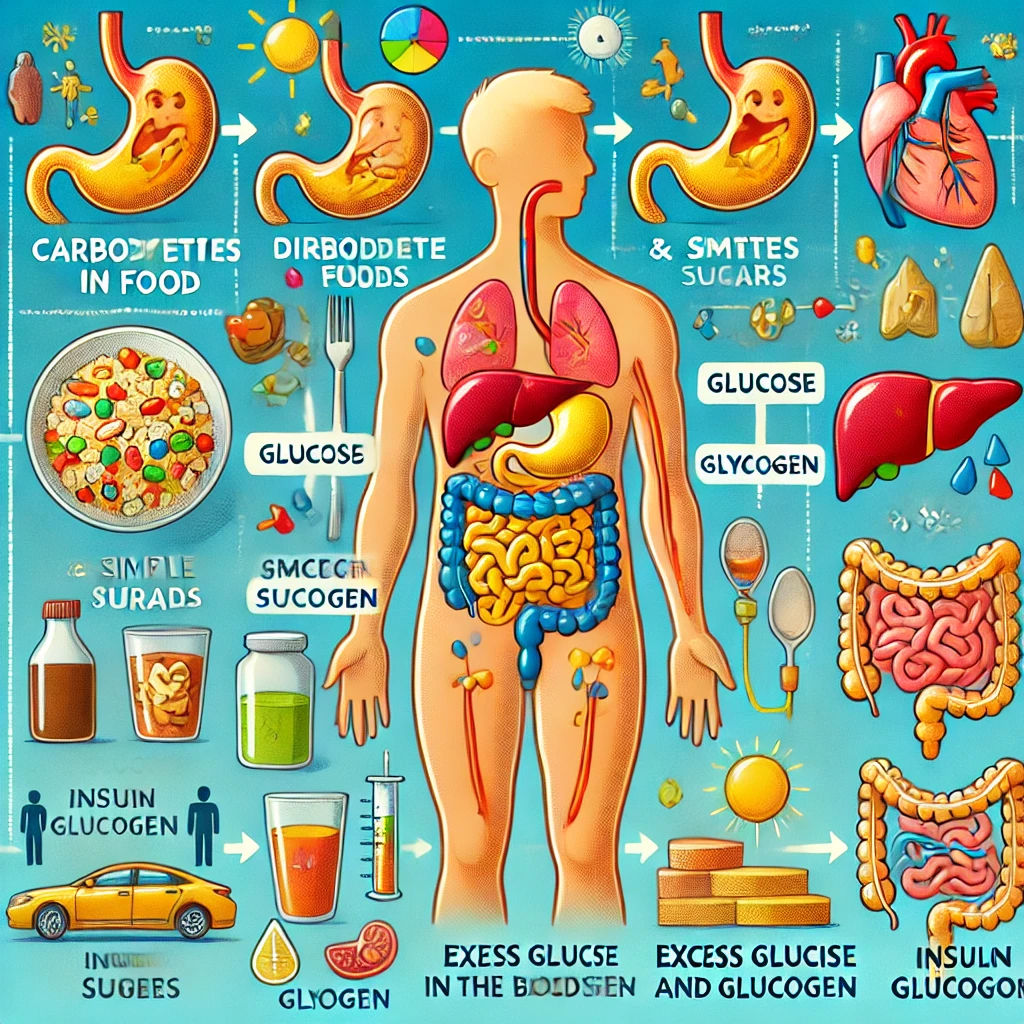Why Carbohydrates and Exercise Are Key to a Healthy Body
Carbohydrates are one of the most important energy sources for our body. They play a vital role, especially as the primary fuel for brain function and nerve cells. However, understanding how carbohydrates are processed and… Why Carbohydrates and Exercise Are Key to a Healthy Body
